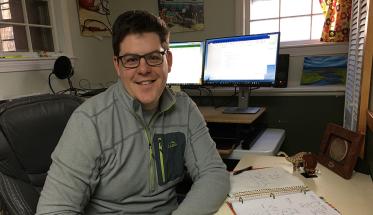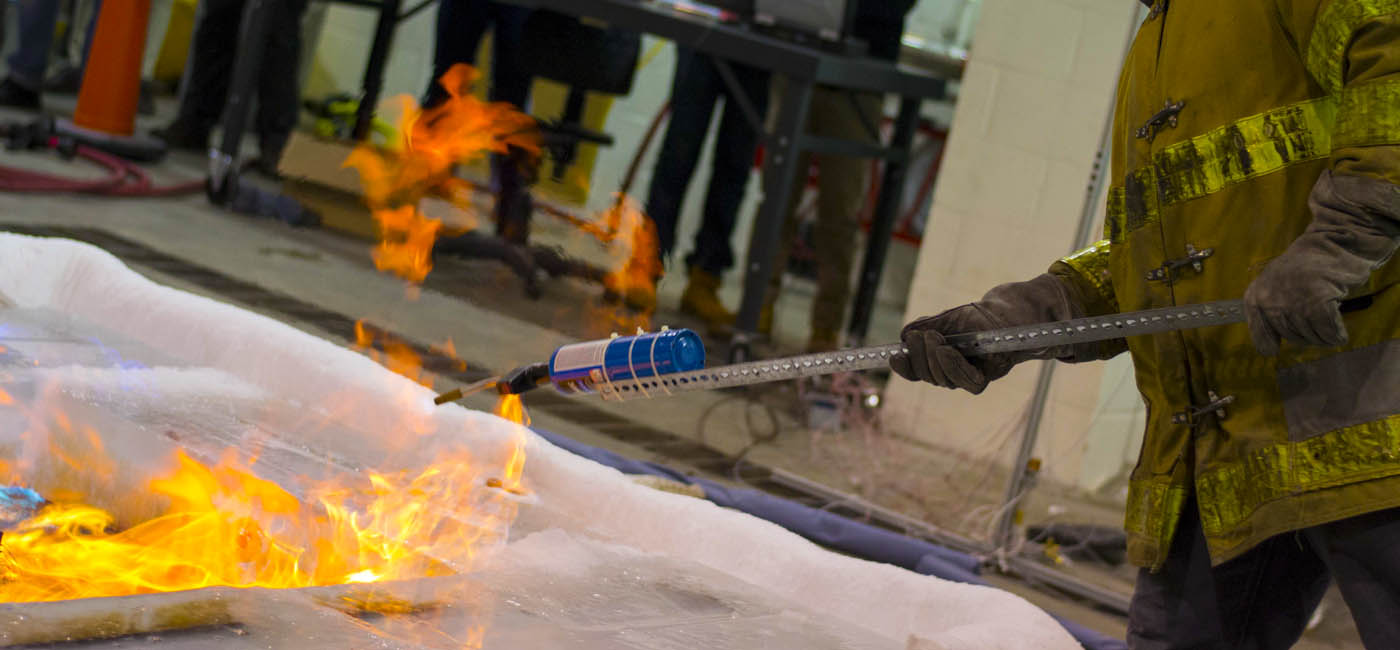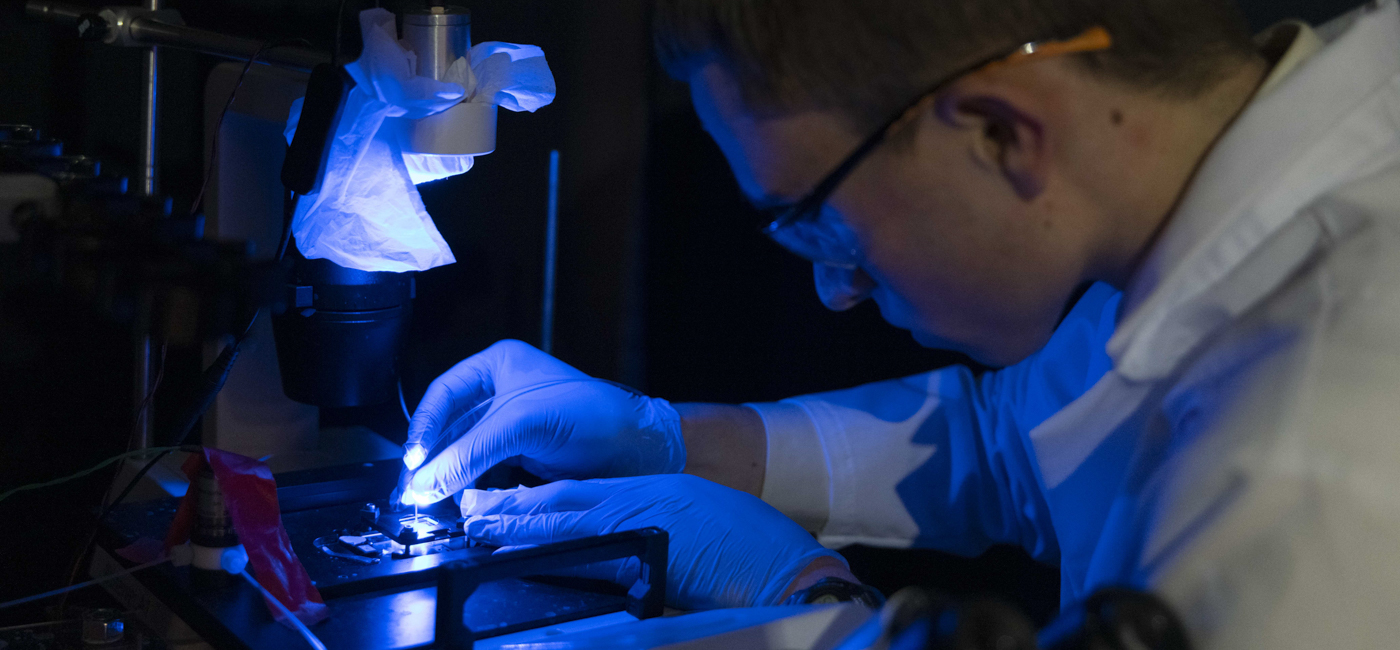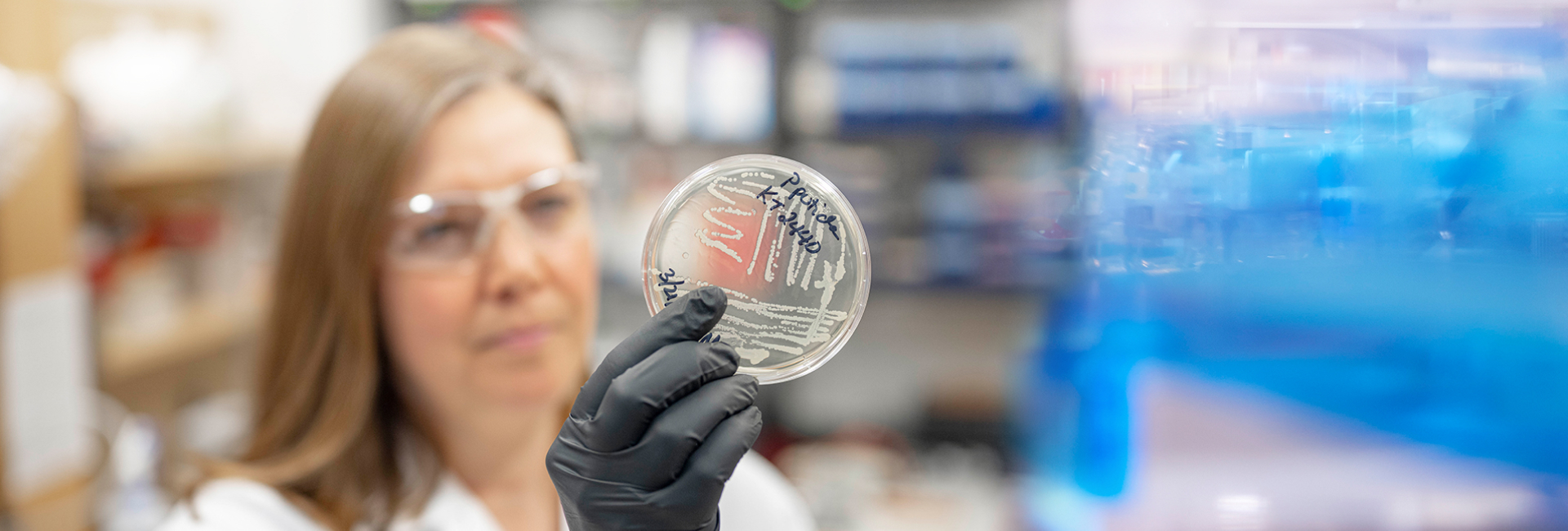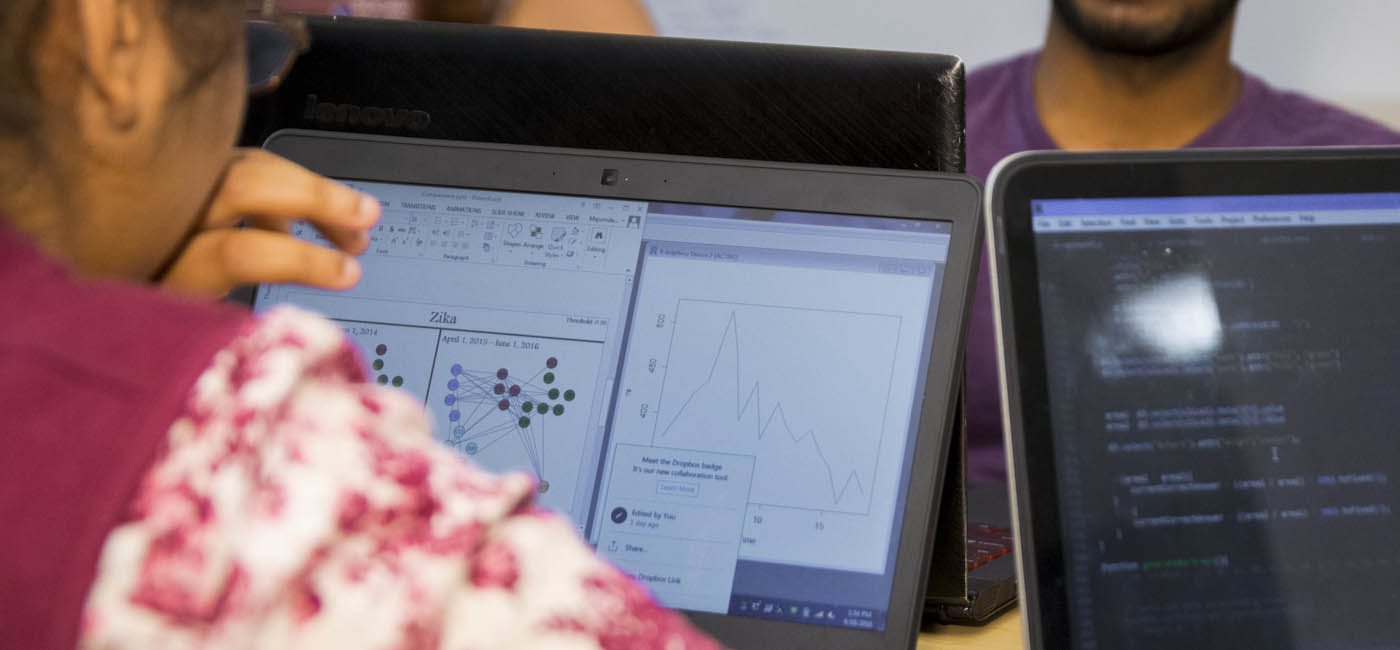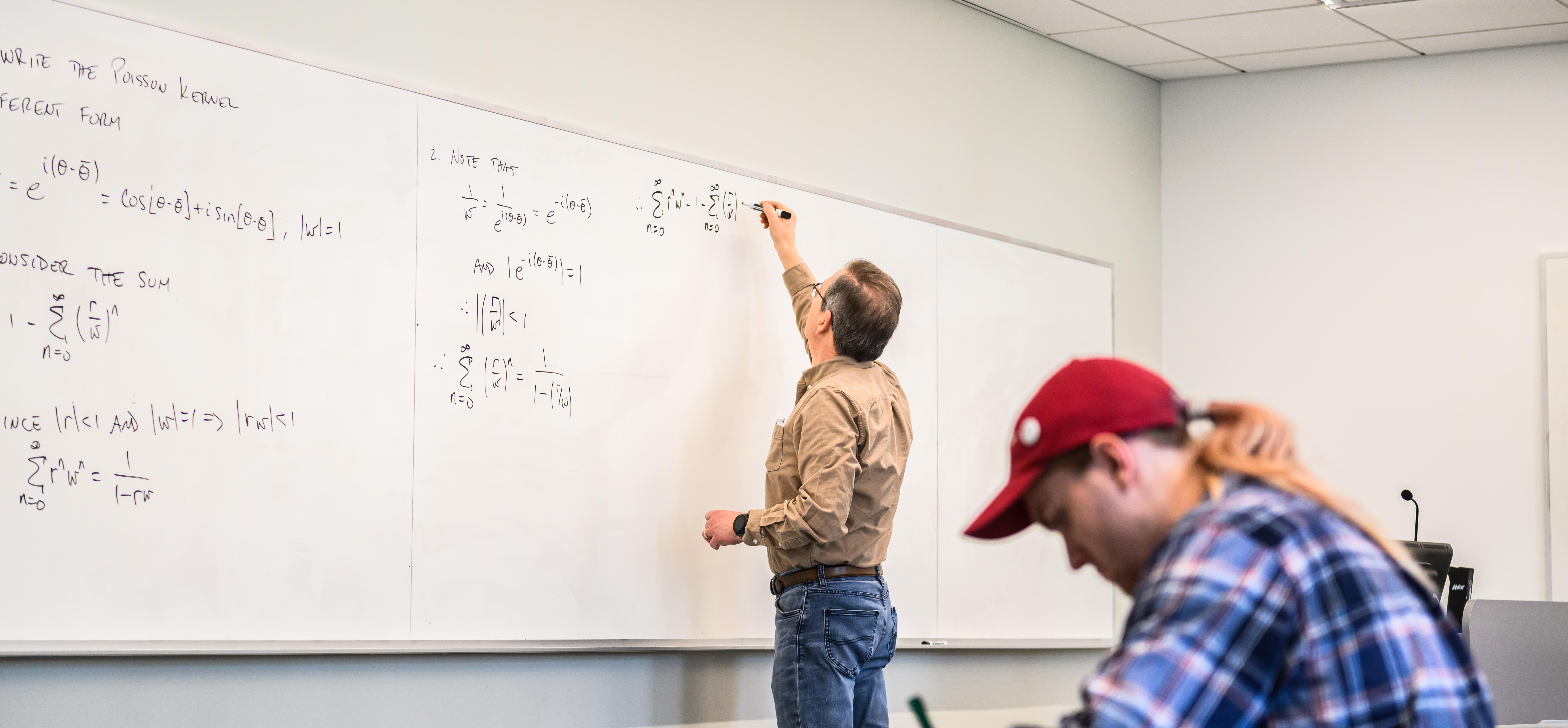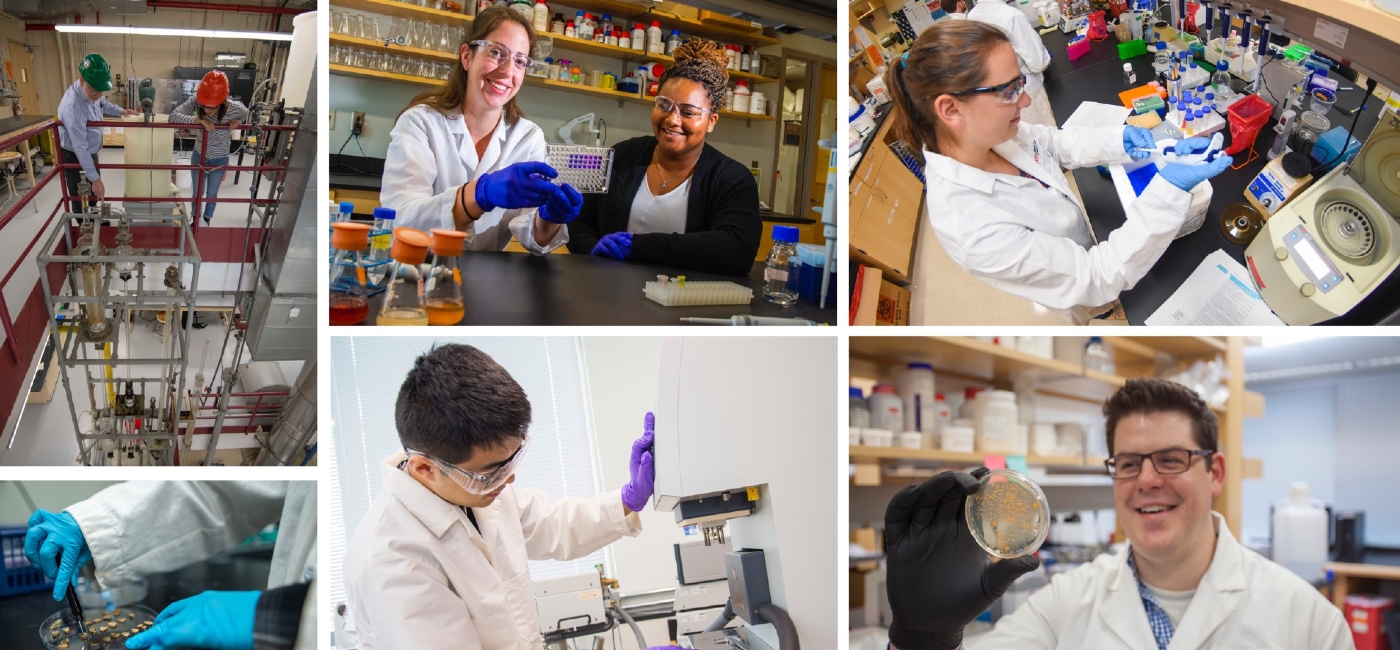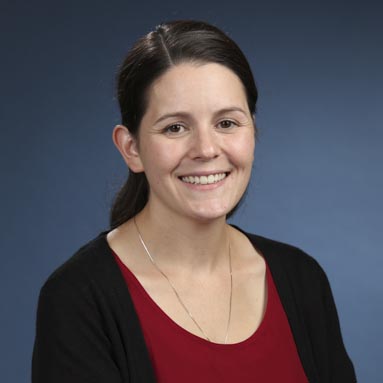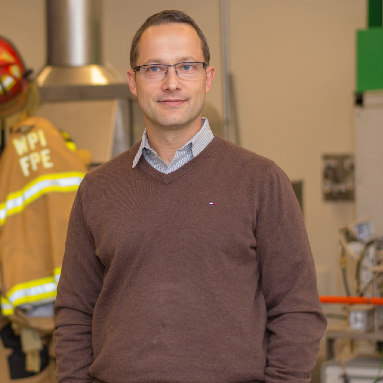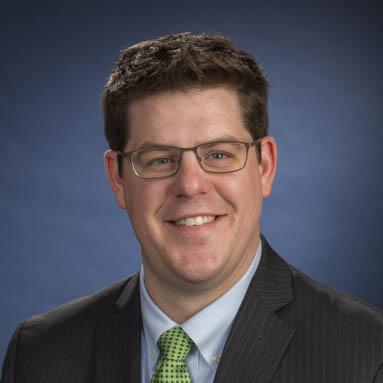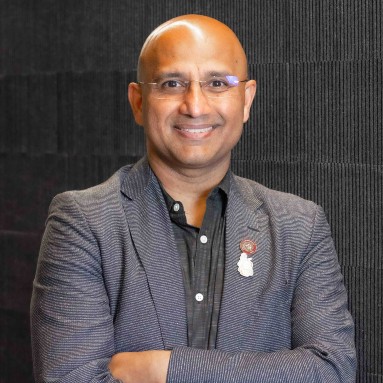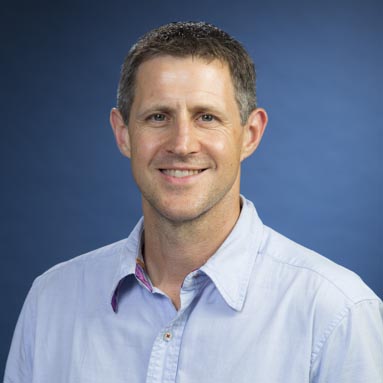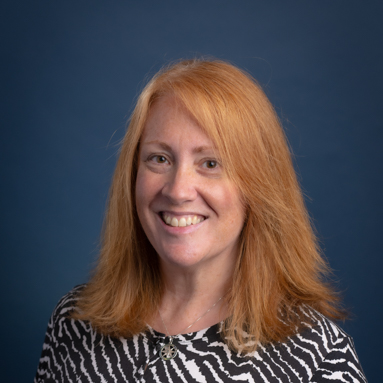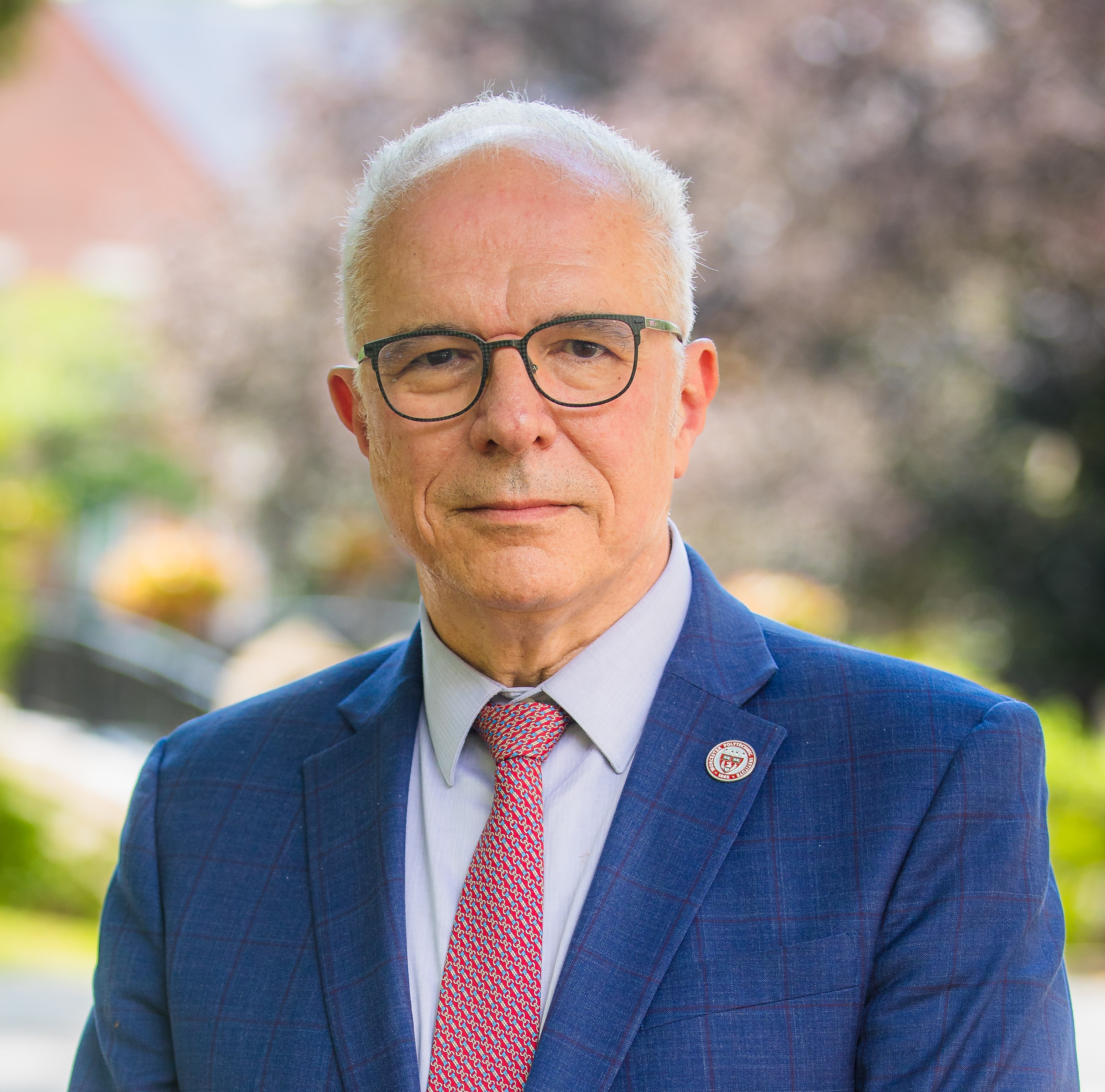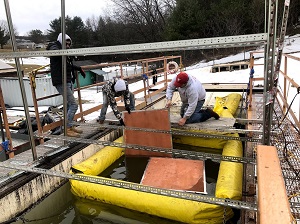
It took months of planning, weeks of prototype building, and five days of assembly during early March at a New Hampshire research center for Ali Rangwala and his laboratory associates to set up a series of experiments testing a new technology to clean up offshore oil spills.
Then public health concerns about the coronavirus pandemic arose. WPI and other institutions reduced campus operations. Faculty and students went home.
Rangwala, a professor of fire protection engineering at WPI, and his colleagues unraveled miles of wiring at a giant salt-water tank at the U.S. Army Corps of Engineers Cold Regions Research and Engineering Laboratory (CRREL) in Hanover. They stowed their instruments and drove home to regroup.
“It took two days to pull out all the equipment and instruments,” says Rangwala, who now holds weekly video conferences with the graduate students he advises and is writing applications for grant money to restart the experiments in the future.
“Everything is in boxes now.”
Across WPI, faculty and students have been making similar adjustments to their research activities. Some are digging into data they had already collected, reading scientific reports, writing journal articles, and planning for the day they can return to their laboratories.
“We hope we’ll get back to work in our labs sooner rather than later. We’re already designing new experiments,” says Albert Simeoni, professor and head of the Fire Protection Engineering Department. “We’re on the starting blocks. We can’t wait.”
Record Funding Levels
Research is no small enterprise at WPI. The university’s researchers are on track to take in $47.5 million in funding for research during the current fiscal year, a record amount. Even as WPI closed nearly
all campus operations, public and private grants have continued to flow into university researchers.
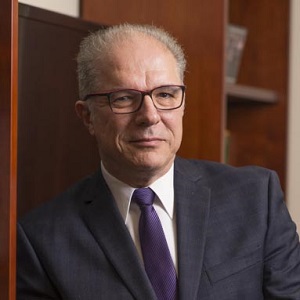
“This period of severely limited access to campus has been challenging, especially for those involved in lab research, but WPI’s research enterprise remains active,” says Bogdan Vernescu, vice provost for research. “Research support offices continue to work remotely, and a small group of essential personnel are maintaining critical assets by tending to lab animals and maintaining cell and tissue cultures, essential equipment, materials, and the research computing infrastructure.”
Still, COVID-19 has changed things. Kristen Billiar, professor and head of the Biomedical Engineering Department, asked researchers in his department weeks ago to prepare for limited campus access. Researchers’ mammalian cell lines were frozen in liquid nitrogen, he says, and one person was designated and approved by the university’s Coronavirus Emergency Response Team (CERT) to regularly visit the department’s Gateway Park site to keep the coolant flowing.
Meanwhile, the BME researchers are reading, writing review articles, studying data already collected, and meeting weekly online.
“We’re all hunkering down with experimental data and reading the literature,” Billiar says.
Students of Haichong (Kai) Zhang, assistant professor of biomedical engineering and robotics engineering, worked late into the night for more than a week before campus closed to make sure they’d have the data they needed.
“We just had to accommodate the situation,” says Zhang, who is developing a safer, more accurate way to detect prostate cancer. “It’s like preparing a lot of food before winter. When we saw this coming, we prepared a lot of data on our experiment. We gathered as much as possible so we could focus on data analysis and prove our hypotheses. Once we process that data, we can publish it at a conference or in a journal.”
